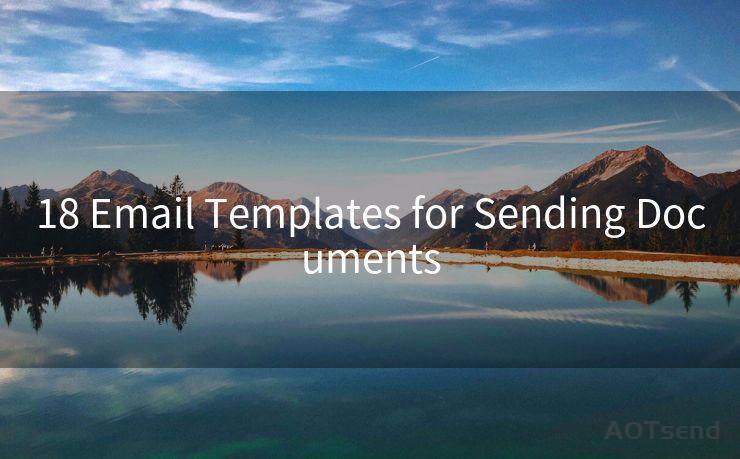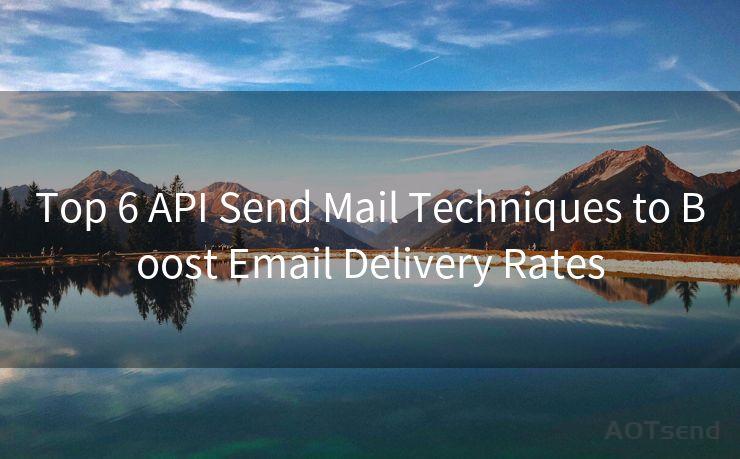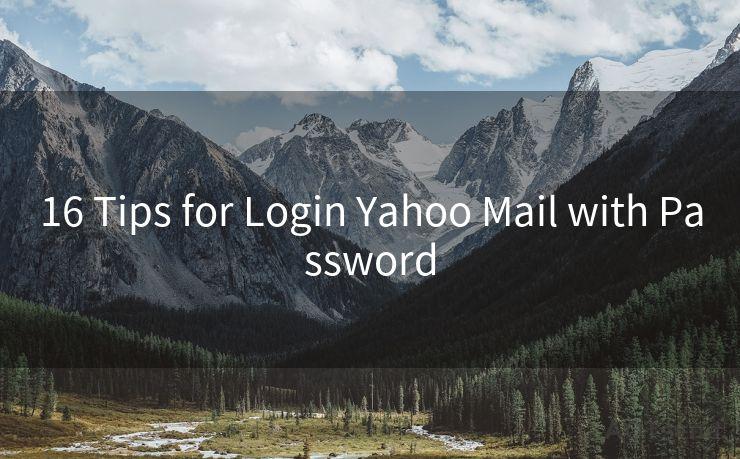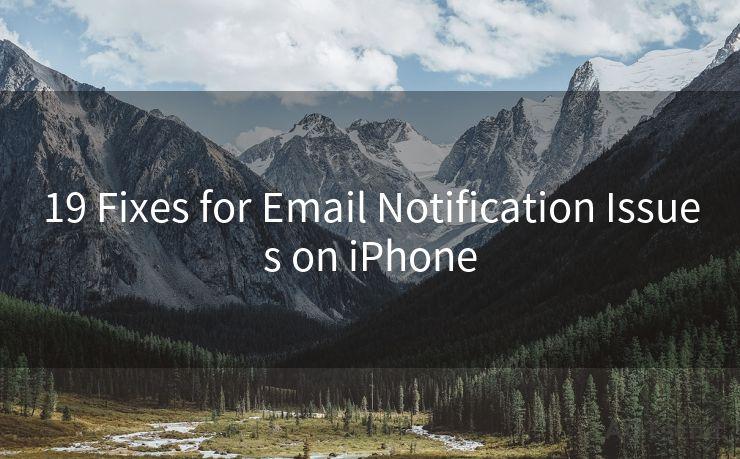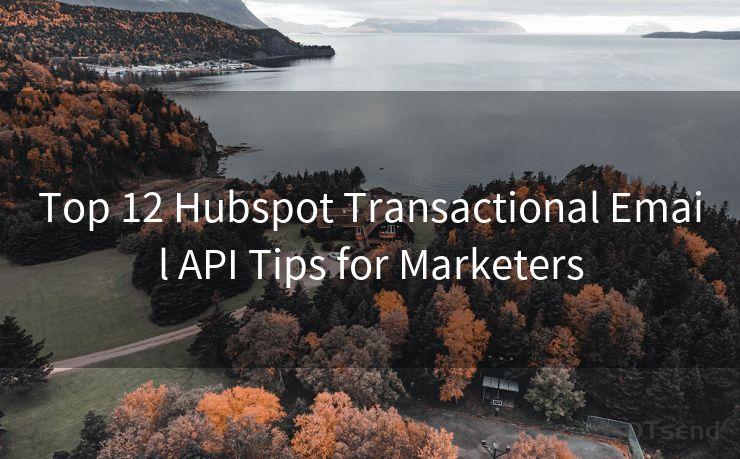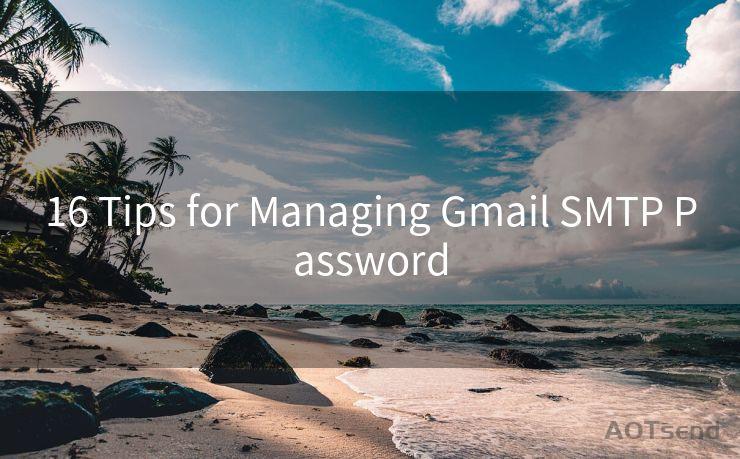18 Best Email Sending API Best Practices
Hello everyone, I’m Kent, the website admin. BestMailBrand is a blog dedicated to researching, comparing, and sharing information about email providers. Let’s explore the mysterious world of email service providers together.




In the digital age, email remains a crucial tool for business communication. When integrating an email sending API into your application or service, it's essential to follow best practices to ensure reliable, effective, and secure messaging. Here are 18 best practices for using email sending APIs that will help you optimize your email communications.
1. Choose a Reliable Email Sending API Provider
Selecting a reputable email sending API provider is the first step. Look for providers with a track record of high deliverability, scalability, and excellent customer support.
2. Understand CAN-SPAM and GDPR Compliance
Familiarize yourself with anti-spam regulations like CAN-SPAM in the US and GDPR in Europe. Ensure your email practices align with these legal frameworks to avoid penalties.
3. Maintain a Clean Email List
Regularly clean your email list to remove inactive or bounced email addresses. This improves deliverability and protects your sender reputation.
4. Use Double Opt-In for Subscriptions
Implement a double opt-in process for new subscriptions. This confirms the subscriber's intent and reduces the chances of sending unsolicited emails.
5. Segment Your Email Lists
Segment your email lists based on user interests, demographics, or behavior. Tailored emails are more likely to engage recipients and drive conversions.
6. Personalize Email Content
Use merge tags or personalization tokens to address recipients by name and include relevant content based on their preferences.
7. Optimize Email Design for Mobile
Most emails are now opened on mobile devices. Ensure your emails are responsive and easy to read on smaller screens.
8. Test Email Deliverability
Regularly test your emails for deliverability issues. Use tools like Mail-Tester or GlockApps to check for spam filters, blacklists, or other potential problems.
9. Monitor and Analyze Email Performance
Track key metrics like open rates, click-through rates, and unsubscribe rates. Use this data to refine your email strategy.
10. Handle Unsubscribes Gracefully
Make it easy for recipients to unsubscribe if they wish. A clear and simple unsubscribe process is essential for maintaining a healthy email list.
11. Implement DKIM and SPF
Use DomainKeys Identified Mail (DKIM) and Sender Policy Framework (SPF) to authenticate your emails and improve deliverability.
12. Avoid Spam Trigger Words
Be cautious of using words or phrases that might trigger spam filters. Tools like SpamAssassin can help identify potential red flags.
13. Send at Optimal Times
Analyze when your audience is most likely to engage with emails and schedule your sends accordingly.
14. Use A/B Testing
Experiment with different subject lines, content, or send times through A/B testing to see what works best for your audience.
15. Warm Up Your IP Address

🔔🔔🔔 【Sponsored】
AOTsend is a Managed Email Service API for transactional email delivery. 99% Delivery, 98% Inbox Rate.
Start for Free. Get Your Free Quotas. Pay As You Go. $0.28 per 1000 Emails.
You might be interested in:
Why did we start the AOTsend project, Brand Story?
What is a Managed Email API, How it Works?
Best 24+ Email Marketing Service (Price, Pros&Cons Comparison)
Best 25+ Email Marketing Platforms (Authority,Keywords&Traffic Comparison)
If you're sending from a new IP address, gradually increase your sending volume to build trust with ISPs and avoid being flagged as a spammer.
16. Handle Bounces and Complaints
Monitor bounce rates and complaint feedback loops to identify and address issues promptly.
17. Protect Subscriber Privacy
Ensure your email sending practices comply with privacy laws and respect subscriber data.
18. Continuously Learn and Adapt
Stay updated with the latest email marketing trends and best practices. Continuously refine your strategy based on industry developments and user feedback.
By following these 18 best practices for email sending APIs, you can significantly improve your email communications, enhance user engagement, and drive better business results. Remember, effective email marketing is an ongoing process of optimization and learning from your audience's behavior.




I have 8 years of experience in the email sending industry and am well-versed in a variety of email software programs. Thank you for reading my website. Please feel free to contact me for any business inquiries.
Scan the QR code to access on your mobile device.
Copyright notice: This article is published by AotSend. Reproduction requires attribution.
Article Link:https://www.bestmailbrand.com/post3286.html

